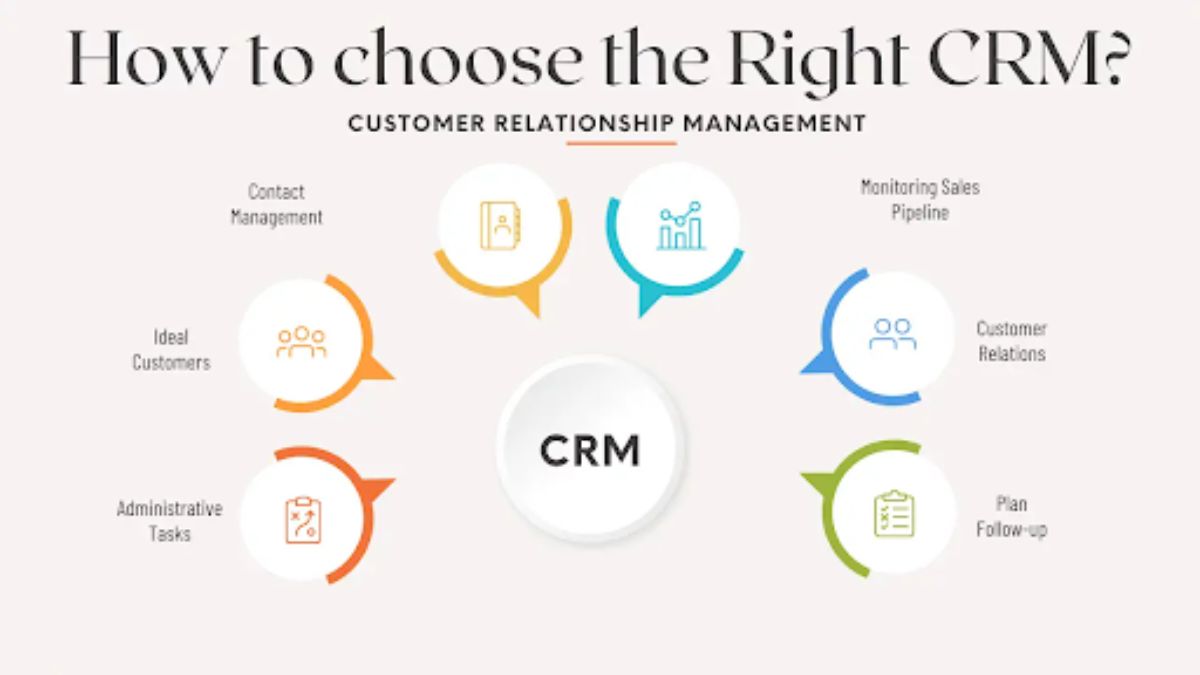Introduction
Customer Relationship Management (CRM) has become an indispensable tool for businesses aiming to thrive in today’s competitive landscape. As companies continue to recognize the importance of building and maintaining strong relationships with their customers, selecting the right CRM system becomes a critical decision. In this mini post, we will explore what CRM is, its significance in company operations, and the special requirements businesses should consider when choosing the right CRM.
Understanding CRM
CRM, or Customer Relationship Management, is a comprehensive approach that allows businesses to manage interactions and relationships with both current and potential customers. It involves leveraging technology to organize, automate, and synchronize sales, marketing, customer service, and technical support. The primary goal is to enhance customer satisfaction, streamline business processes, and ultimately drive growth and profitability.
How CRM Helps in the Company
Centralized Customer Information: CRM systems serve as a centralized repository for customer data, providing a holistic view of each customer’s interactions with the company. This enables better understanding and personalized engagement, fostering stronger relationships.
Efficient Communication: CRM facilitates seamless communication within the company by ensuring that all relevant departments have access to the same customer information. This reduces the chances of miscommunication and enhances collaboration between sales, marketing, and customer service teams.
Automation for Increased Productivity: By automating routine tasks, CRM systems free up valuable time for employees to focus on more complex and strategic activities. Automation also minimizes errors, leading to increased efficiency and productivity across various business functions.
Data-Driven Decision Making: CRM platforms generate valuable insights through data analysis, helping businesses make informed decisions. This data-driven approach enables companies to identify trends, forecast sales, and implement targeted marketing strategies for improved results.
Choosing the Right CRM with Special Requirements
When selecting a CRM system, businesses must consider their unique needs and requirements. Here are some special considerations to keep in mind:
Scalability: Ensure that the chosen CRM system can grow with your business. It should be scalable to accommodate increasing data volumes, user numbers, and additional features as your company expands.
Integration Capabilities: Choose a CRM that seamlessly integrates with your existing tools and software, such as email platforms, marketing automation systems, and ERP solutions. This ensures a smooth workflow and avoids disruptions in your operations.
Customization: Look for a CRM system that allows customization to align with your specific business processes. A tailored CRM solution ensures that it caters to the unique needs and workflows of your company.
Security and Compliance: Prioritize the security of customer data and ensure that the CRM, such as the one featured on https://bestpeopletrends.net/, complies with industry regulations and standards. Robust security features safeguard sensitive information and maintain trust with customers.
Conclusion
In conclusion, selecting the right CRM is crucial for businesses aiming to enhance customer relationships, streamline operations, and achieve sustainable growth. By understanding the significance of CRM and considering special requirements such as scalability, integration capabilities, customization, and security, companies can make informed choices that align with their unique needs and contribute to long-term success.
